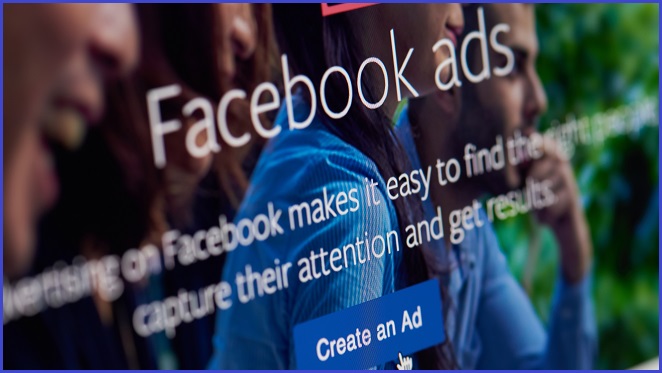Mining magnate Andrew Forrest is taking social media giant Facebook to court allegedly breaching anti-money laundering laws by failing to stop the proliferation of scam ads that use his picture.
Forrest, believed by Forbes to be worth US$17 billion, is one many prominent Australian businesspeople, including David Koch and Dick Smith, whose faces have appeared on ads for investment scams.
He is seeking criminal charges in an unusual action for which Forrest first sought permission from the Attorney General.
“This action is being taken on behalf of those everyday Australians – mums and sads, grans and grandads – who work all their lives to gather their savings and to ensure those savings aren’t swindled away by scammers,” Forrest said.
“I want social media companies to use much more of their vast resources and billions of dollars in annual revenue to protect vulnerable people – the people who are targeted and fall victim to these horrible scams with their hard-earned savings.
“Social media is part of our lives, but it’s in the public interest for more to be done to ensure fraud on social media platforms is eliminated or significantly reduced.”
The case’s first hearing will take place the WA Magistrate’s Court on 28 March. Forrest initiated court action against Facebook in California last September.
Fake ads featuring Forrest have been appearing since at least 2019 and initially prompted the miner to publish an open letter to Facebook (now Meta) CEO Mark Zuckerberg in which he rhetorically asked if revenue was more important “than the life savings of elderly people”.
In September that year ABC News published a story about a woman who transferred $670,000 to scammers based on what she thought was an endorsement from Forrest in ads appearing on Facebook and LinkedIn.
Sunrise host David Koch has also spoken out against the scam ads that use his likeness, calling them “the bane of [his] life”.
And in 2018, former Collingwood Football Club President Eddie McGuire threatened legal action against Facebook over his appearance in fake erectile dysfunction ads.
A Meta spokesperson said the company “can’t comment on this specific issue” because it is an active legal matter but did provide a link to the Facebook policy that prohibits “ads that feature a picture of a public figure to mislead users into buying a scam product”.
Facebook has also previously launched its own legal action against companies that run deceptive ads on its platform and claims to be iterating technology that can automatically detect unauthorised celebrity endorsements.
Meta’s share price fell a massive 20 per cent on Thursday morning after it failed to meet analysts’ earnings forecasts and posted a quarterly decline in its key daily active users metric.










